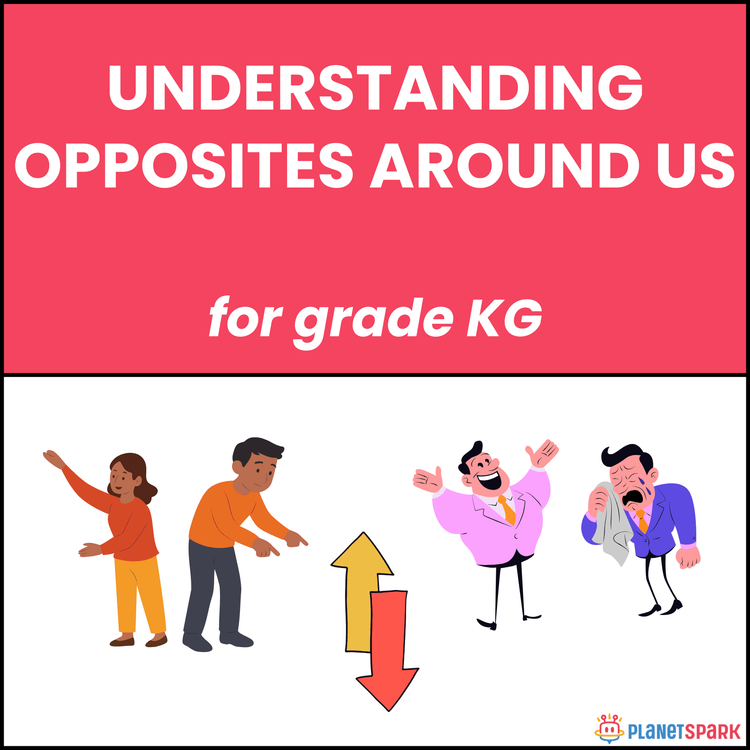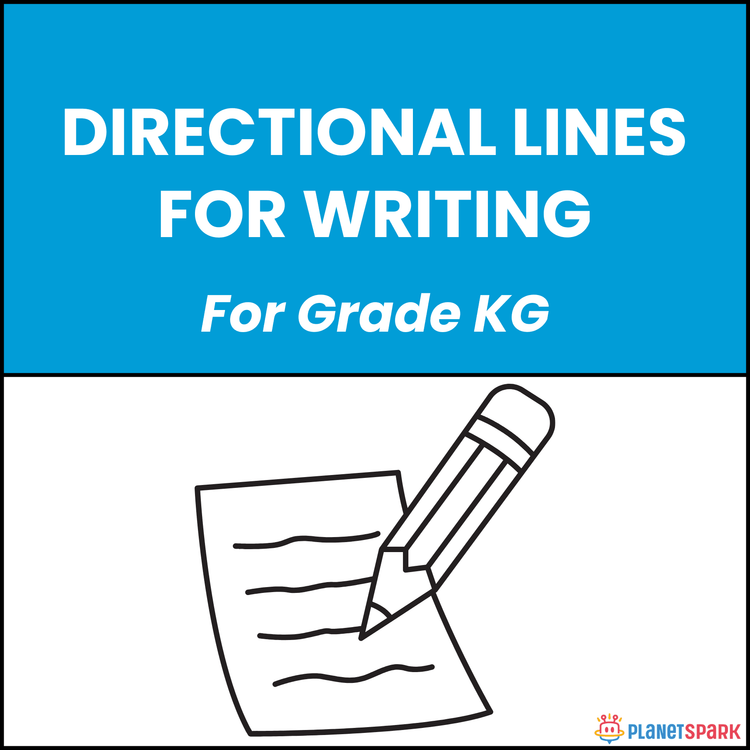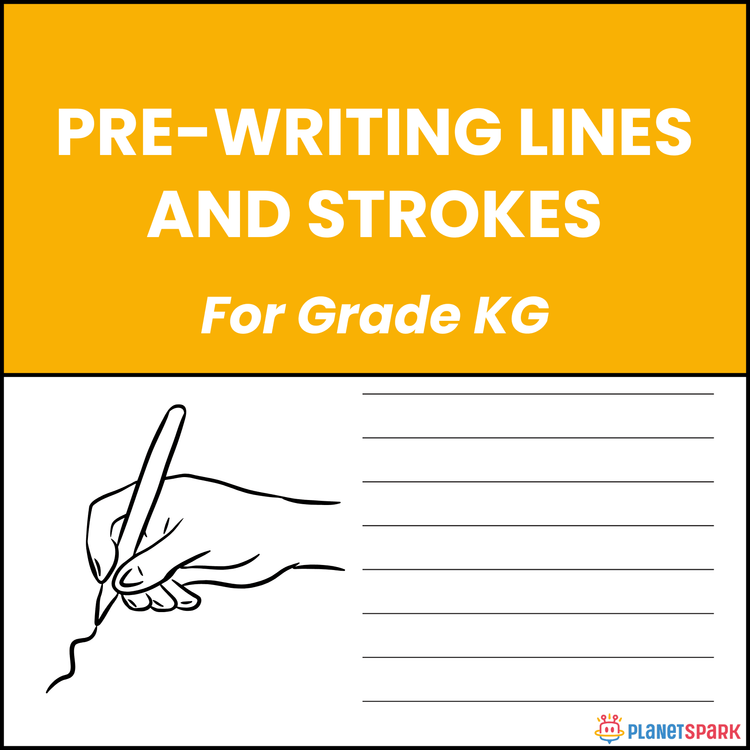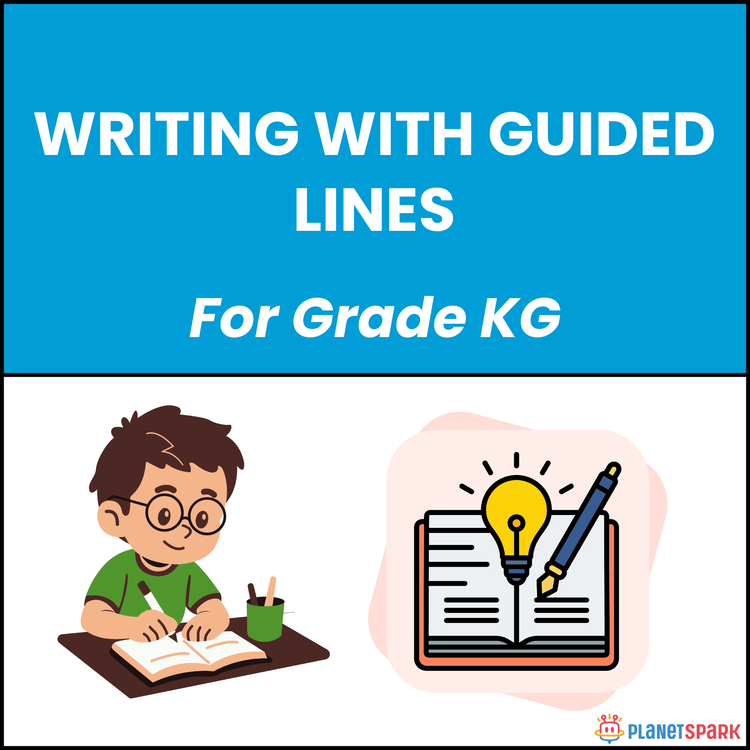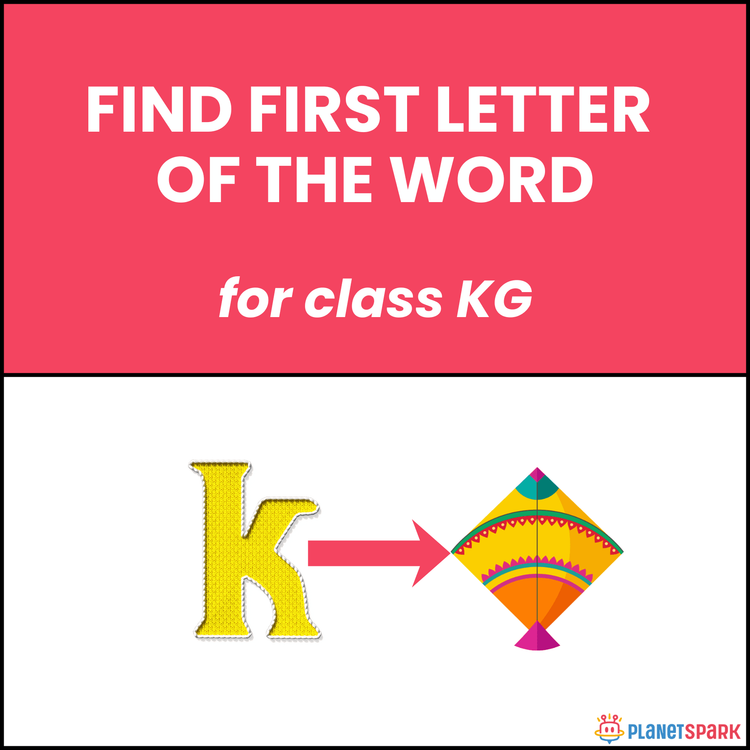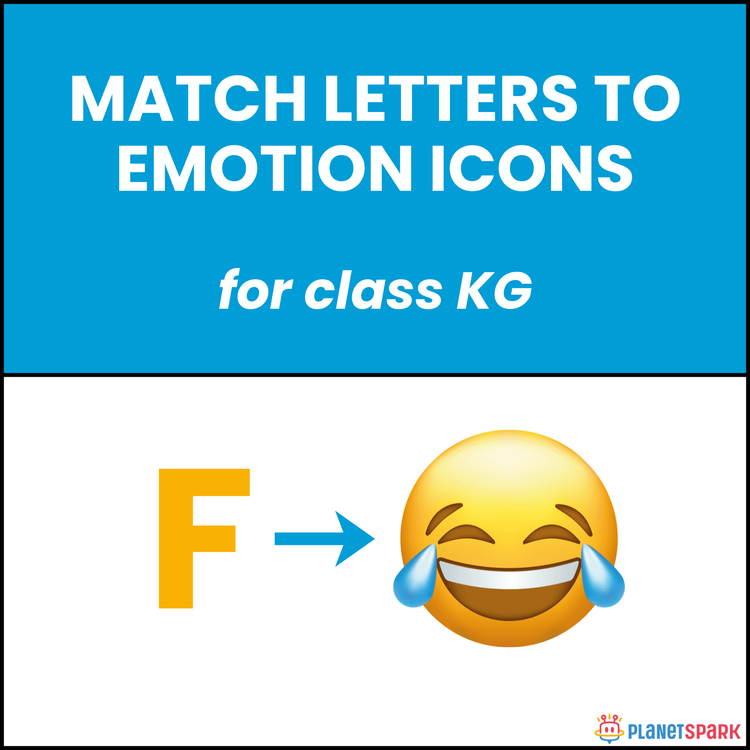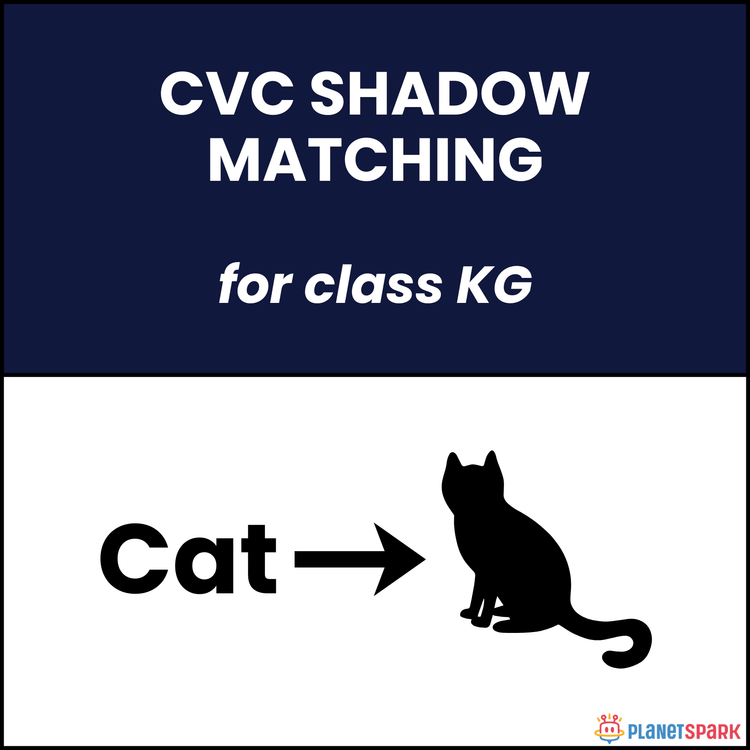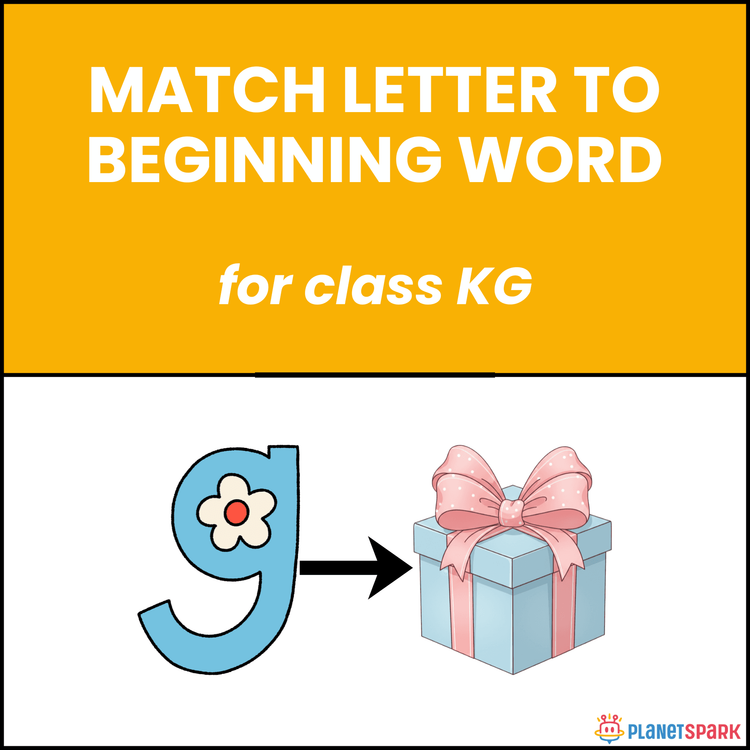Class KG Riddle Cards Activity
KGEnglishEnglish GrammarFree DownloadPDF
Sejal JainVisit Profile
An English educator with 10+ years of experience, I hold a Master’s in English Literature and a TESOL certification. My diverse professional background allows me to bring fresh perspective, strong communication, and thoughtful intention to every aspect of my work in education.
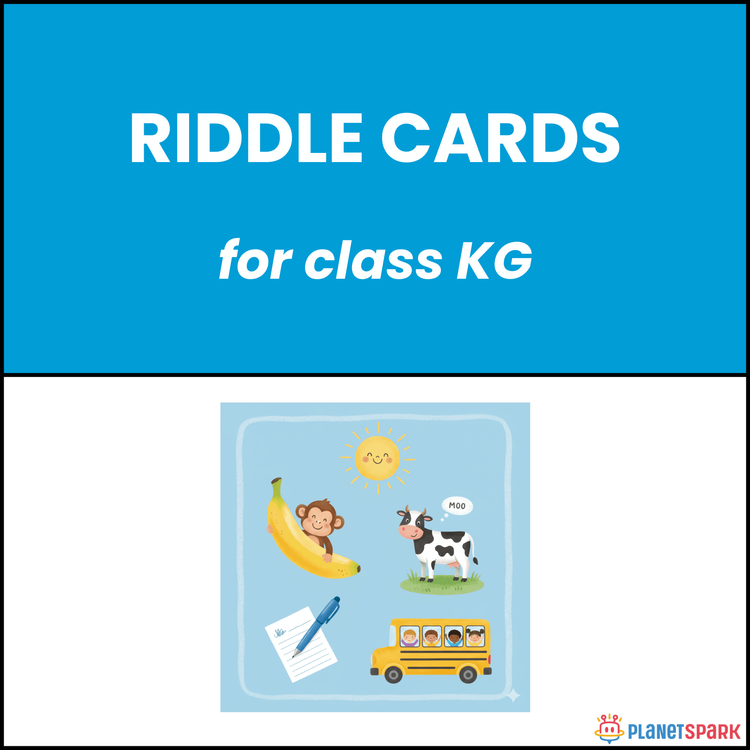

Class KG Riddle Cards Activity
KGEnglishEnglish GrammarFree DownloadPDF
Sejal JainVisit Profile
An English educator with 10+ years of experience, I hold a Master’s in English Literature and a TESOL certification. My diverse professional background allows me to bring fresh perspective, strong communication, and thoughtful intention to every aspect of my work in education.
Guess & Giggle: Reading Passage “Riddle Cards” for Class KG
This Kindergarten worksheet presents a playful riddle passage filled with simple, fun clues children love to solve. Each riddle describes something familiar — a yellow fruit monkeys enjoy, something that shines in the sky, an animal that says “moo,” a pen filled with ink, and a bus with wheels that takes you to school. The passage encourages thinking, imagination, and vocabulary building.
Why Reading Passages Matter in Grammar?
Reading passages help children:
1. Think critically and connect clues to real-world objects.
2. Build word-association and observation skills.
3. Develop curiosity and confidence through discovery.
4. Strengthen reading comprehension with playful context.
What’s Inside This Worksheet?
This worksheet includes one riddle-filled passage and 10 comprehension questions that make learning interactive and fun.
🧠 Reading Passage
Five short riddles about everyday objects — banana, sun, cow, pen, and school bus — that boost vocabulary and inference skills.
✏️ Exercise – Multiple Choice Questions
Students read each riddle carefully and choose the correct answer, building reading and reasoning skills together.
✅ Answer Key (For Parents & Educators)
1. A
2. C
3. B
4. D
5. C
6. B
7. D
8. A
9. C
10. A
Spark curiosity and laughter with this KG “Riddle Cards” worksheet — where learning happens through joyful guessing!
Frequently Asked Questions
They build curiosity and make word learning more interactive.
Critical thinking, vocabulary, and comprehension skills are developed.
They make English fun and encourage children to think creatively.
